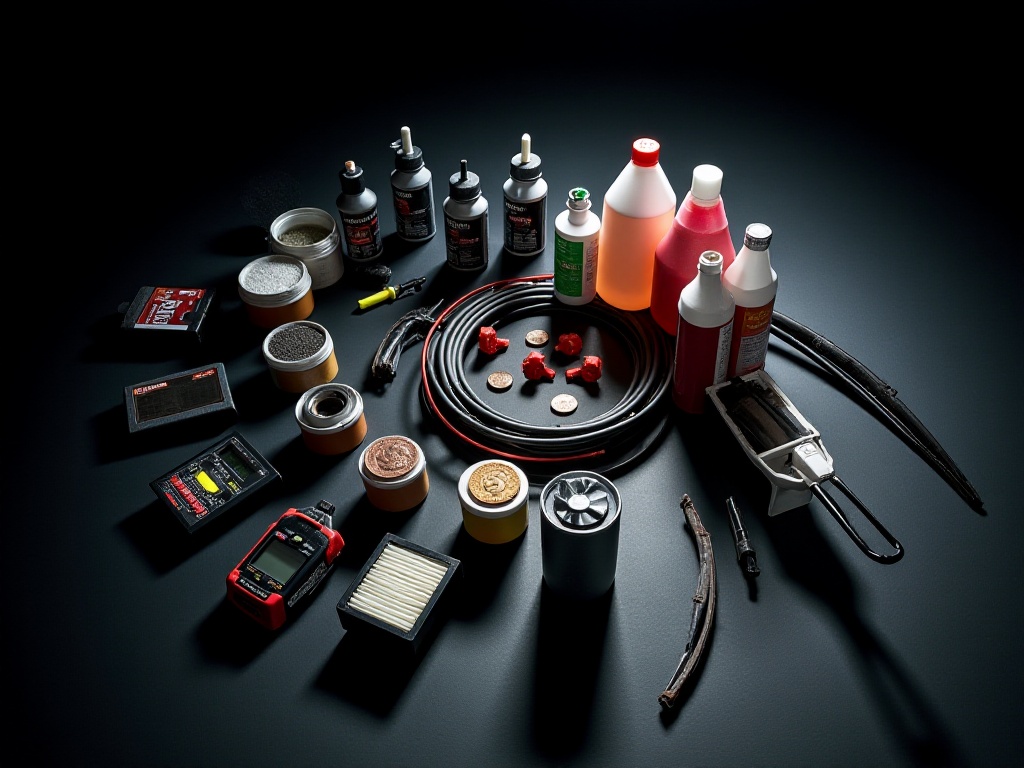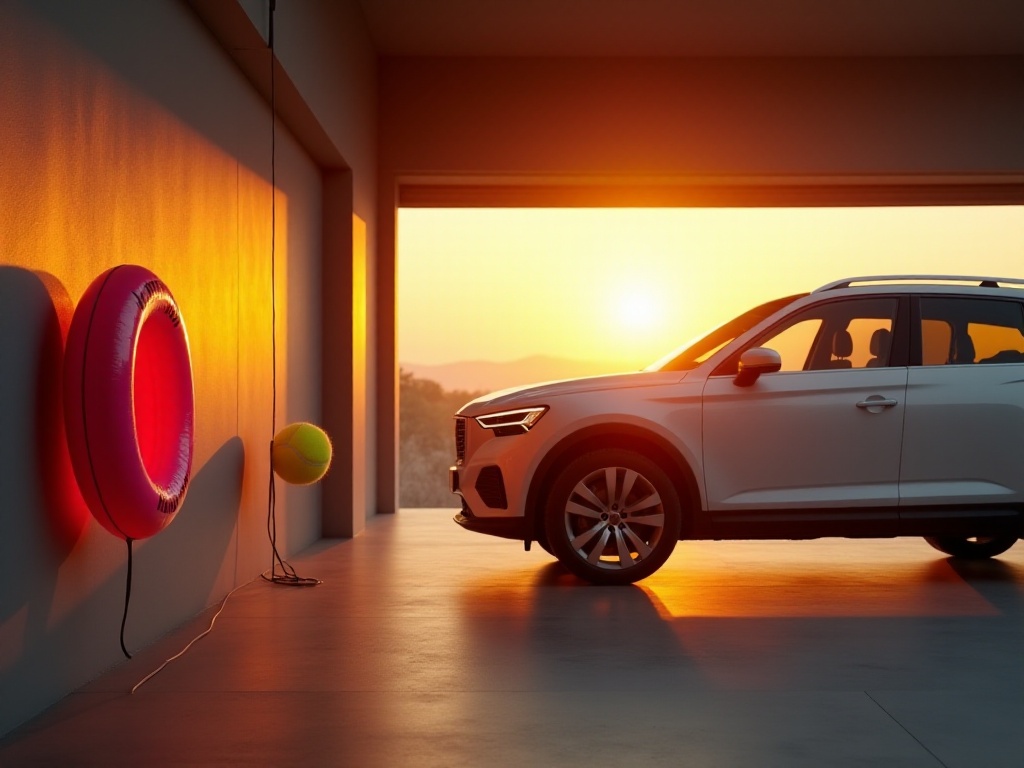Introduction
Friends, today let's talk about a very practical topic—car maintenance. As someone who has been driving for over ten years, I've experienced all kinds of car issues and learned from many mistakes. To be honest, I was also a novice at first, and almost ruined my car several times due to lack of maintenance knowledge. After years of exploration and learning, I've finally summarized a set of practical maintenance experiences.
I remember when I first bought my car, I was reluctant to spend money on maintenance, thinking the new car didn't need such delicate care. As a result, in less than two years, the engine developed various problems, and I had to do a major repair that cost me nearly 30,000 yuan! That experience really taught me a lesson: maintenance is not optional, but a major issue that affects whether you can keep your wallet intact.
Basic Maintenance
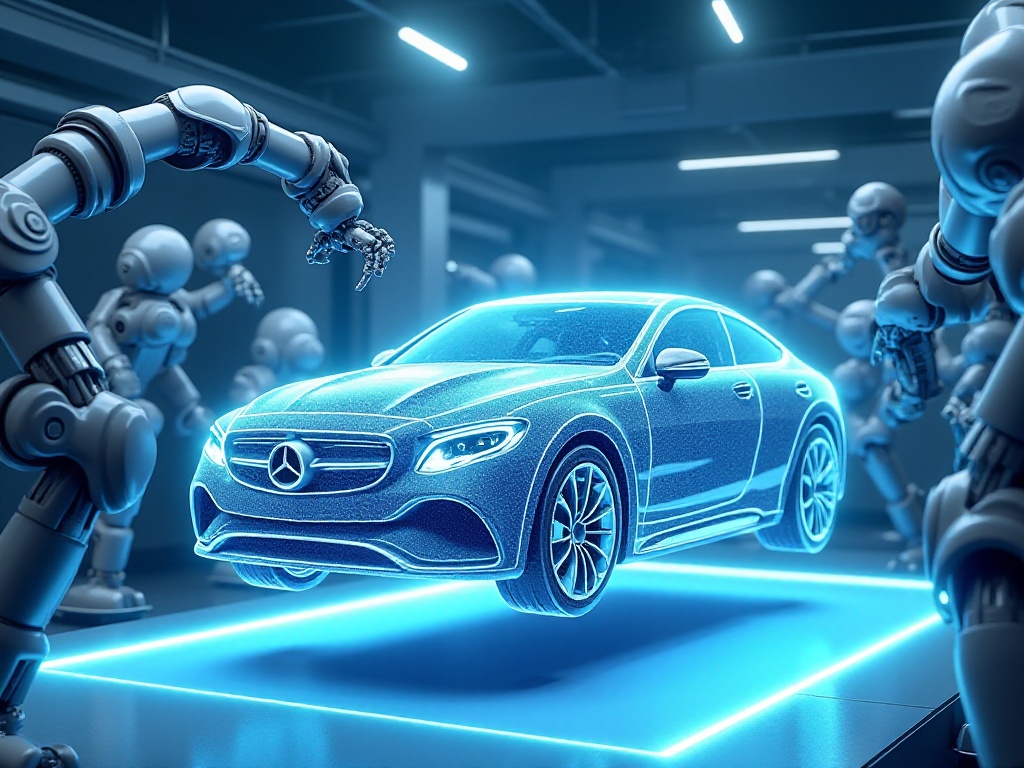
Oil Management
The topic of engine oil cannot be emphasized enough. It's like the lifeline of your engine—poor quality or delayed changes can ruin your engine in no time. I remember once, because I was too busy with work, I pushed the 5,000-kilometer oil change limit to 8,000 kilometers. While driving, I noticed the engine became significantly louder, and fuel consumption inexplicably increased.
Later during inspection, we found that the oil had deteriorated and was full of metal shavings. The mechanic said if I had driven another thousand or two kilometers, the engine would have been ruined. Since then, I've treated oil changes as a top priority. Now I change the oil every 3,000 kilometers—maybe a bit frequent, but the engine runs very smoothly.
Choosing oil is also particular. Cheap mineral oil can save money, but its protective performance is really inferior. I suggest choosing semi-synthetic or fully synthetic oil—though more expensive, they protect the engine much better. Plus, synthetic oils last longer, so they're not actually much more expensive in the long run.
Another crucial detail is regularly checking the oil level. Many people overlook this, but it's really important. I've developed a habit of checking the dipstick weekly. If you notice a significant decrease in oil level, it might indicate an engine oil leak that needs immediate attention.
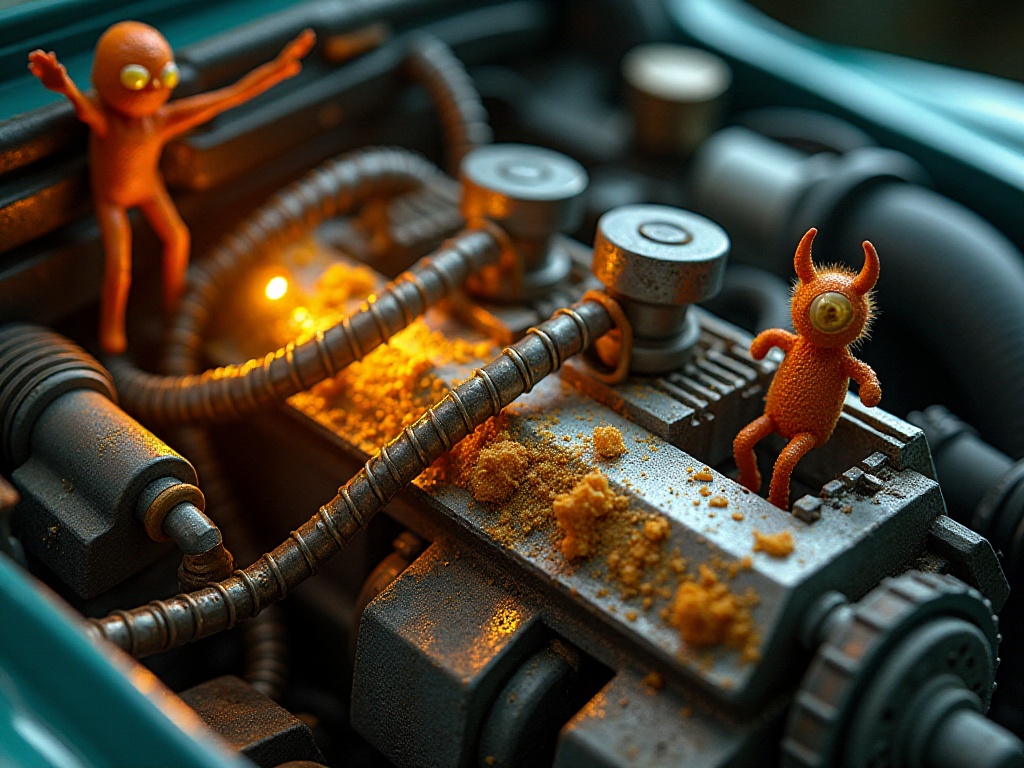
The Art of Tires
When it comes to tires, there's endless knowledge to share. First is tire selection, which is quite complex. I once bought a very cheap set of tires to save money, but in less than six months, they showed uneven wear and were extremely noisy. Later, I switched to a slightly more expensive set, which not only improved comfort but also safety significantly.
Daily tire maintenance is also crucial. Many people don't know that tire pressure naturally decreases somewhat every month, so regular pressure checks are necessary. Now I check tire pressure whenever I refuel, which is both convenient and helps me remember.
Another often overlooked issue is tire rotation. Because front and rear tires wear differently, without regular rotation, tires can wear unevenly. I usually rotate tires every 10,000 kilometers, which ensures more even wear and longer tire life.
In summer, you need to pay special attention to tire temperature. Once during a long-distance trip, my tire burst on the highway during intense midday heat. I later learned that high tire temperatures can cause blowouts. So during summer long-distance drives, it's best to stop every two hours to let the tires cool down.
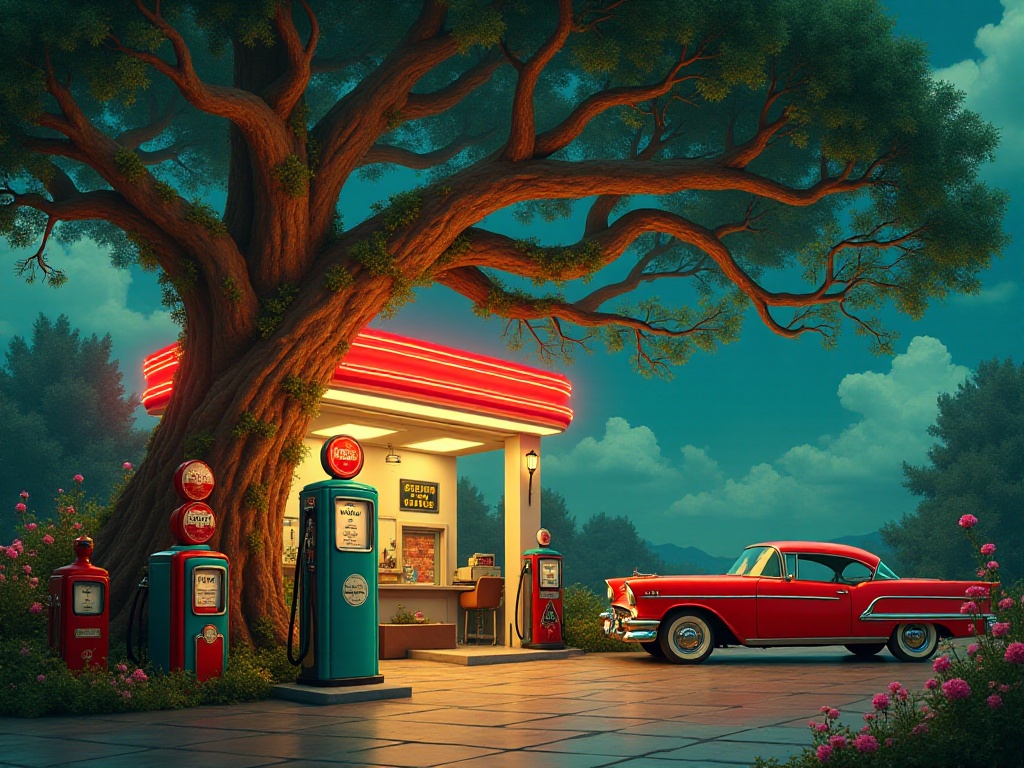
Brake Maintenance
You can't be careless with brake system maintenance. I have a particularly useful tip: at every red light, lightly press the brake pedal a few times to feel the brake's condition. If you notice the brake pedal feels soft or needs to be pressed unusually deep to stop the car, it might indicate a problem with the brake system.
Brake fluid replacement is also often overlooked. Brake fluid is hygroscopic and can affect braking performance over time. I generally recommend changing brake fluid every two years to keep the brake system in optimal condition.
Then there's the issue of brake pads. Many people wait until their brakes make a sharp noise before thinking about replacing the pads, but that's already too late. Now I regularly check brake pad thickness and replace them immediately when they're too thin, which is both safer and prevents damage to the brake discs.
[Content continues...]





